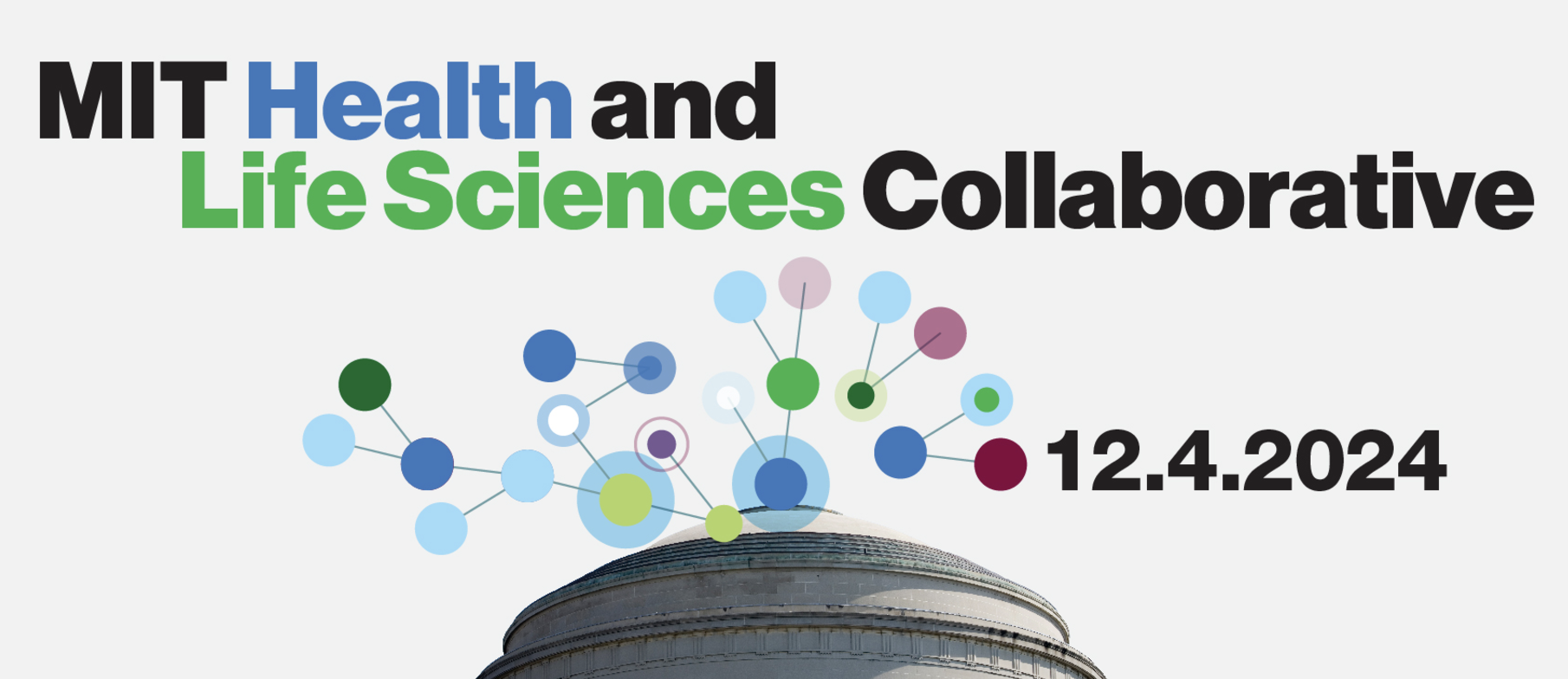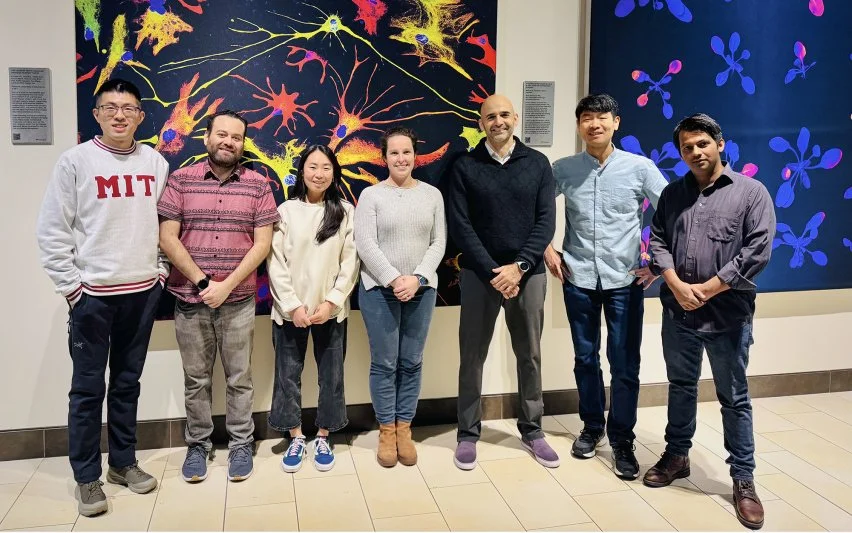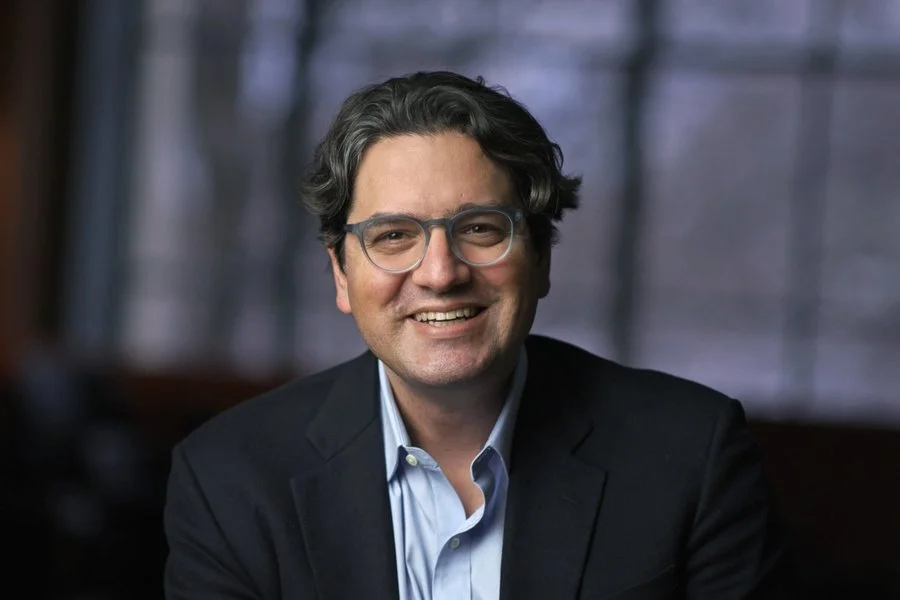December Bulletin
Issue 99
Community Notices
Join us for the Marble Center Holiday Social on December 16, 4pm!
Join us for seasonal food and music as we celebrate the end of the semester with the fellowship of colleagues and friends.
Launch of MIT Health and Life Sciences Collaborative
MIT is creating the Health and Life Sciences Collaborative to drive high-impact solutions through interdisciplinary projects spanning engineering, science, AI, economics, business, policy, design, and the humanities. The collaborative will also strengthen partnerships between MIT, hospitals, and industry to fund research, share data, connect investors, and advance commercialization.
On December 4, 2024, all of MIT will gather to launch this exciting initiative, celebrating the rich history and promising future of health and life sciences research. There will be faculty presentations on breakthrough cross-disciplinary life science research, a CEO-level panel discussion on the future of university-industry-hospital collaborations, a showcase of student research, plenty of opportunities for networking across MIT and beyond—and so much more.
News
A blueprint for better cancer immunotherapies
A heterogeneous lung tumor, with different subpopulations of cells depicted in red and and blue. After treatment with a checkpoint blockade, T cells (white) attack some populations (blue) but not others (red) — a sign that checkpoint blockade therapies might be ineffective for this tumor. A new vaccine from the Spranger Lab may help checkpoint blockades attack all cell populations and effectively treat the tumor. Image: Elen Torres/Koch Institute
Immune checkpoint blockade (ICB) therapies can be very effective against some cancers by helping the immune system recognize cancer cells that are masquerading as healthy cells. T cells are built to recognize specific pathogens or cancer cells, which they identify from the short fragments of proteins presented on their surface. These fragments are often referred to as antigens. Healthy cells will will not have the same short fragments or antigens on their surface, and thus will be spared from attack. Even with cancer-associated antigens studding their surfaces, tumor cells can still escape attack by presenting a checkpoint protein, which is built to turn off the T cell. Immune checkpoint blockade therapies bind to these “off-switch” proteins and allow the T cell to attack.
Researchers have established that how cancer-associated antigens are distributed throughout a tumor determines how it will respond to checkpoint therapies. Tumors with the same antigen signal across most of its cells respond well, but heterogeneous tumors with subpopulations of cells that each have different antigens, do not. The overwhelming majority of tumors fall into the latter category and are characterized by heterogenous antigen expression. Because the mechanisms behind antigen distribution and tumor response are poorly understood, efforts to improve ICB therapy response in heterogenous tumors have been hindered.
In a new study, MIT researchers analyzed antigen expression patterns and associated T cell responses to better understand why patients with heterogenous tumors respond poorly to ICB therapies. In addition to identifying specific antigen architectures that determine how immune systems respond to tumors, the team developed an RNA-based vaccine that, when combined with ICB therapies, was effective at controlling tumors in mouse models of lung cancer. Read more…
Introducing the 2024-2025 Convergence Scholars
Introducing this year’s cohort (L-R): Yuang Chen (Anderson Lab), Jose Ortiz (Ylmaz Lab), Amy Lee (Jaklenec Lab), Meaghan McGeary (Jacks Lab), Tarek Fadel (Founding Director), Jason Wan (Kamm Lab), and Ranjan Mishra (Weinberg Lab).
The Koch Institute for Integrative Cancer Research at MIT is pleased to announce the 2024-2025 class of Convergence Scholars. Founded in 2017, the Convergence Scholars Program (CSP) is designed to enhance the career development of aspiring independent scientists with diverse interests across academia, industry, science communication, and STEM outreach.
To achieve this mission, CSP organizes thematic workshops, one-on-one mentoring, networking opportunities, and interactive group social hours. Scholars are also encouraged to develop new research collaborations with other class members, particularly at the intersection of biology and engineering, and refine their “brand” of science and its impact on society.
By tailoring individual goals with training opportunities and connections through MIT, the CSP ultimately seeks to prepare postdocs for a critically important yet often overlooked component of a scientist – life beyond the bench. Since its inception, the program has supported 75 postdoctoral researchers in furthering their career development.
As part of their award package, CSP scholars will receive a supplemental stipend for use towards their career development. Stipends are provided by philanthropic support, including a generous gift from Michael and Lisa Ullmann. The Koch Institute and CSP leadership are grateful to our broader community for their support in bolstering postdoctoral resources and investing in future scientific leaders. Read more…
Creating innovative health solutions for individuals and populations
The factors impacting successful patient care are many and varied. Early diagnosis, proper adherence to prescription medication schedules, and effective monitoring and management of chronic disease, for example, all contribute to better outcomes. However, each of these factors can be hindered by outside influences — medication doesn’t work as well if it isn’t taken as prescribed, and disease can be missed or misdiagnosed in early stages if symptoms are mild or not present.
Giovanni Traverso, the Karl Van Tassel Career Development Professor, an associate professor of mechanical engineering, and a gastroenterologist in the Division of Gastroenterology, Brigham and Women’s Hospital (BWH), is working on a variety of innovative solutions to improve patient care. As a physician and an engineer, he brings a unique perspective.
“Bringing those two domains together is what really can help transform and accelerate our capacity to develop new biomedical devices or new therapies for a range of conditions,” he says. “As physicians, we're extremely fortunate to be able to help individuals. As scientists and engineers, not only can we help individuals … we can help populations.” Read more…
Job opportunities
Innovation Lead, Sanofi. The Global R&D Innovation/Emerging Science Project Lead will be responsible for identifying and investing in external opportunities at the cutting edge of vaccine research and development with the potential for transformative advances in the way vaccines of the future are discovered, developed, and evaluated. The Innovation Project Lead will have under their direction one or more programs, funded by Sanofi Vaccines R&D and managed collaboratively with an external academic, biotech or government partner. Reporting to the Global Head, R&D Innovation/Emerging Sciences, the Project Head is responsible for providing strategic, strong scientific, and operational leadership of each innovation project while maintaining timelines and budget with a focus on North American partnerships. The ideal candidate should have a strong background in any of the following areas of vaccine science – bacteriology, virology, and/or immunology with experience in the development of immune-based prophylactic or therapeutic approaches and a strong entrepreneurial, curious mindset. The scope of the program under the Innovation Lead includes developing solutions against infectious diseases and non-communicable chronic diseases.
Senior Formulation Scientist, LNP In Vivo Platform. Editas is seeking a highly experienced and motivated Senior Formulation Scientist, LNP In Vivo Platform to provide expertise and guidance for formulation, container closure, and packaging for gene editing components and CRISPR gene editing medicines. This individual will need to collaborate cross-functionally within Technical Development as well as with Technical Operations and Quality in the DOQ department and the Development Medical Organization (DMO) and the Research and Translational Organization (RTO) to support formulation, fill and finish activities and formulation development across the pipeline. This role requires strong technical writing skills and first-hand knowledge of formulation and drug delivery.
Funding opportunities
| Funding Source | Mass Life Sciences Center Research Infrastructure program grant | December 6, 2024 | Sanofi iDEA-TECH pre-award applications North America | December 12, 2024 |
|---|







